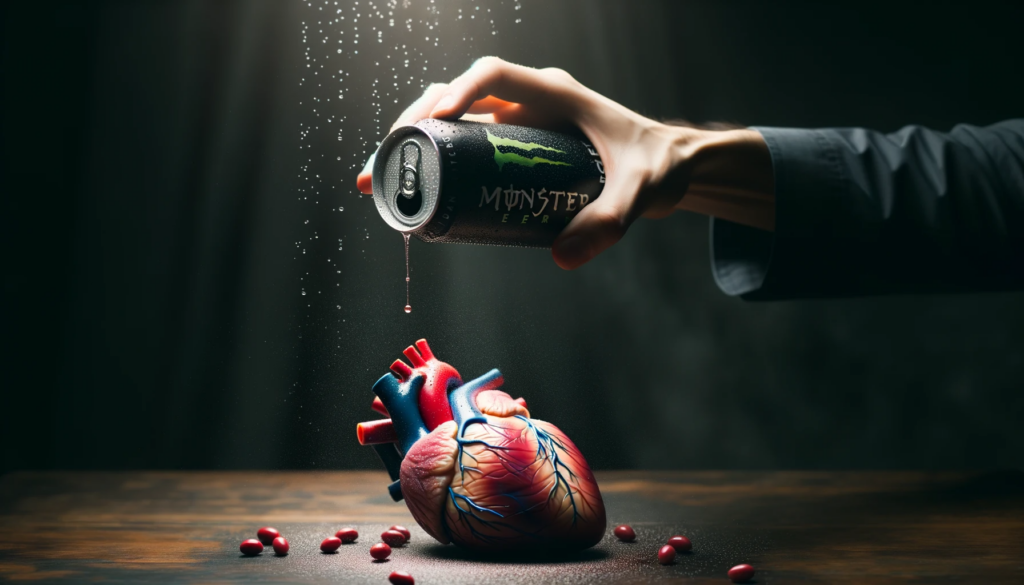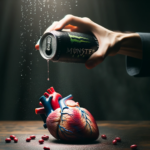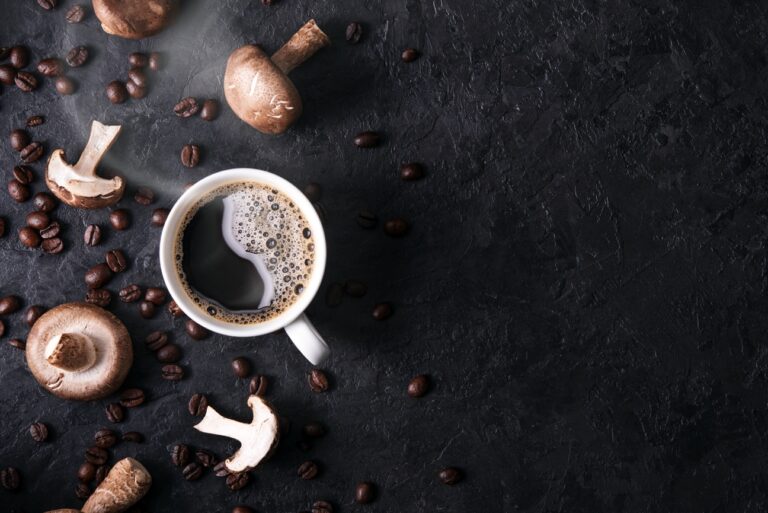
We all crave that extra pep in our step, and energy drinks seem to offer a quick fix. But is the buzz worth the potential risk to your ticker? Let’s dive into the science behind the hype.
Heart Under Attack
Energy drinks are loaded with caffeine, sugar, and other stimulants that can send your heart into overdrive. This can lead to:
- Racing heart and skyrocketing blood pressure: Not ideal, especially if you have pre-existing heart conditions.
- Irregular heartbeats (arrhythmias): These can be scary and even dangerous in some cases.
- Potential for heart attacks: Research suggests a link between excessive energy drink consumption and an increased risk, particularly for young adults.
Beyond Caffeine
Caffeine might be the star ingredient, but there’s a whole supporting cast of stimulants common in energy drinks:
- Taurine: This amino acid’s role in energy drinks is unclear, but it might amplify caffeine’s effects.
- Guarana: This Amazonian plant packs even more caffeine than coffee beans. Ouch!
- Ginseng: This traditional remedy can interact with caffeine, further revving your heart.
The murky world of energy drink labels is another hurdle. Caffeine content is often hidden or misleading, making it tough to gauge the true impact on your heart.
Popular Energy Drinks and Their Caffeine Kicks
Here’s a caffeine rundown of some popular energy drinks, so you know what you’re getting into…
Heavy Hitters (300mg+ per can):
- Spike Hardcore Energy: 350 mg of caffeine per 16 oz
- Hyde Power Potion: 350 mg of caffeine per can
- Wired X344 Energy Drink: 344 mg of caffeine per can
- Redline Xtreme Energy Drink: 316 mg of caffeine per bottle
- Bang Energy Drink: 300 mg of caffeine per can
- Reign Total Body Fuel: 300 mg of caffeine per can
Not for the Faint of Heart (200-300mg per serving):
- Rockstar XDurance Energy Drink: 300 mg of caffeine per can
- Cocaine Energy Drink: 280 mg of caffeine per can
- C4 On The Go: 200 mg of caffeine per bottle
- Monster Energy Drink – Monster Maxx variants: up to 200 mg of caffeine per can
Moderated Buzz (under 200mg):
- Monster Rehab (160mg per 16 oz)
- Rockstar Pure Zero (160mg per 16 oz)
- NOS Energy (160mg per 16 oz)
- Full Throttle (160mg per 16 oz)
- AMP Energy (142mg per 16 oz)
- Monster Ultra (140mg per 16 oz)
- Mountain Dew Kickstart (90mg per 16 oz)
- V8 +Energy (80mg per 8 oz)
Things to Remember
- Overall daily caffeine intake matters, including coffee, tea, and chocolate.
- Sugar and other ingredients can also impact your health.
- Individual sensitivity varies, so listen to your body.
A Holistic Approach to Energy
While energy drinks might offer a temporary jolt, they’re no substitute for a healthy lifestyle. Listen to your heart. Prioritize sleep, a balanced diet, and regular exercise for sustained energy. Natural options like green tea can also provide a gentler boost with added antioxidants.
If you have any heart concerns, be extra cautious with energy drinks. Always consult with a healthcare professional if unsure about caffeine consumption, especially for those with medical conditions or who are pregnant.
The Verdict
Energy drinks might seem like your productivity potion, but it’s crucial to be aware of the potential risks, especially for your heart. Choose wisely, prioritize your health, and remember: true energy comes from within. So don’t fall victim to the can and embrace a heart-smart lifestyle for a truly electrifying life!








